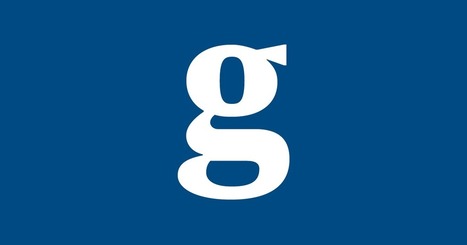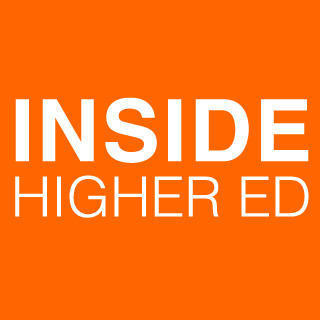Copyright Challenges in a MOOC Environment Monday, July 29, 2013 Author(s) Joan Cheverie (EDUCAUSE) Source(s) EDUCAUSE Briefs, EDUCAUSE
The intersection of copyright and the scale and delivery of MOOCs highlights the enduring tensions between academic freedom, institutional autonomy, and copyright law in higher education. To gain insight into the copyright concerns of MOOC stakeholders, EDUCAUSE talked with CIOs, university general counsel, provosts, copyright experts, and other higher education associations. The consensus opinion was that intellectual property questions for MOOC content merit wide discussion because they affect multiple stakeholders and potentially carry significant consequences. Each MOOC provider, for example, establishes a proprietary claim on material included in its courses, licenses to the user the terms of access and use of that material, and establishes its ownership claim of user-generated content. This conflicts with the common institutional policy approach that grants rights to faculty who develop a course. Fair-use exceptions to traditional copyright protection face challenges as well, given a MOOC’s potential for global reach. Nonetheless, fair use and MOOCs are not mutually exclusive ideas.
 Your new post is loading...
Your new post is loading...
 Your new post is loading...
Your new post is loading...














